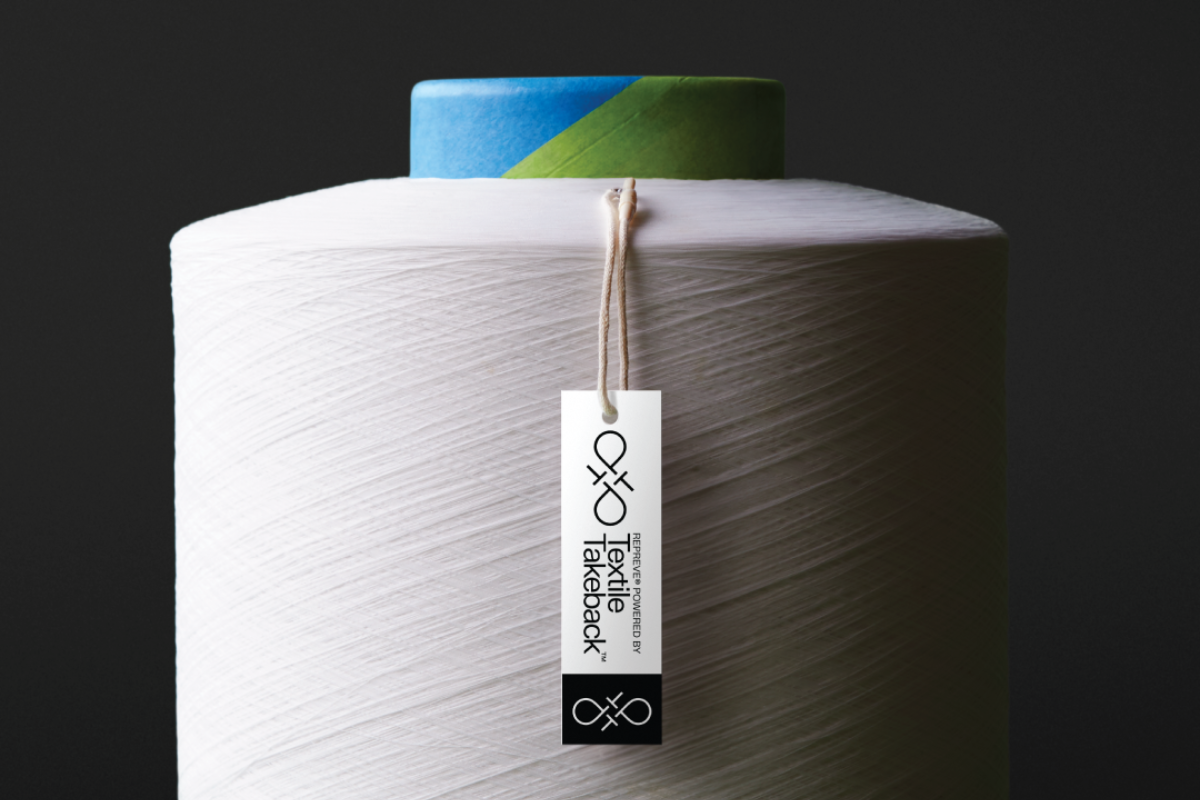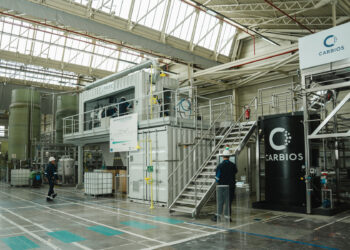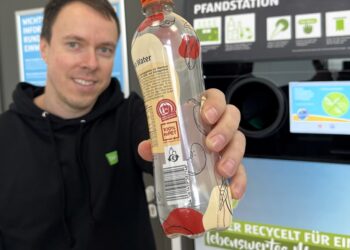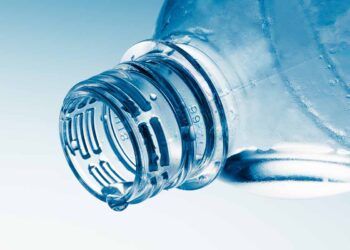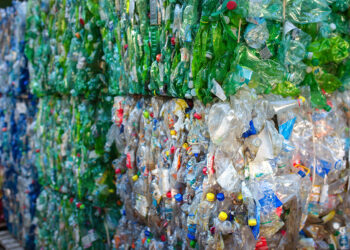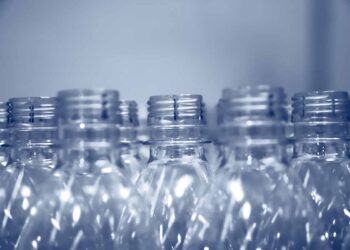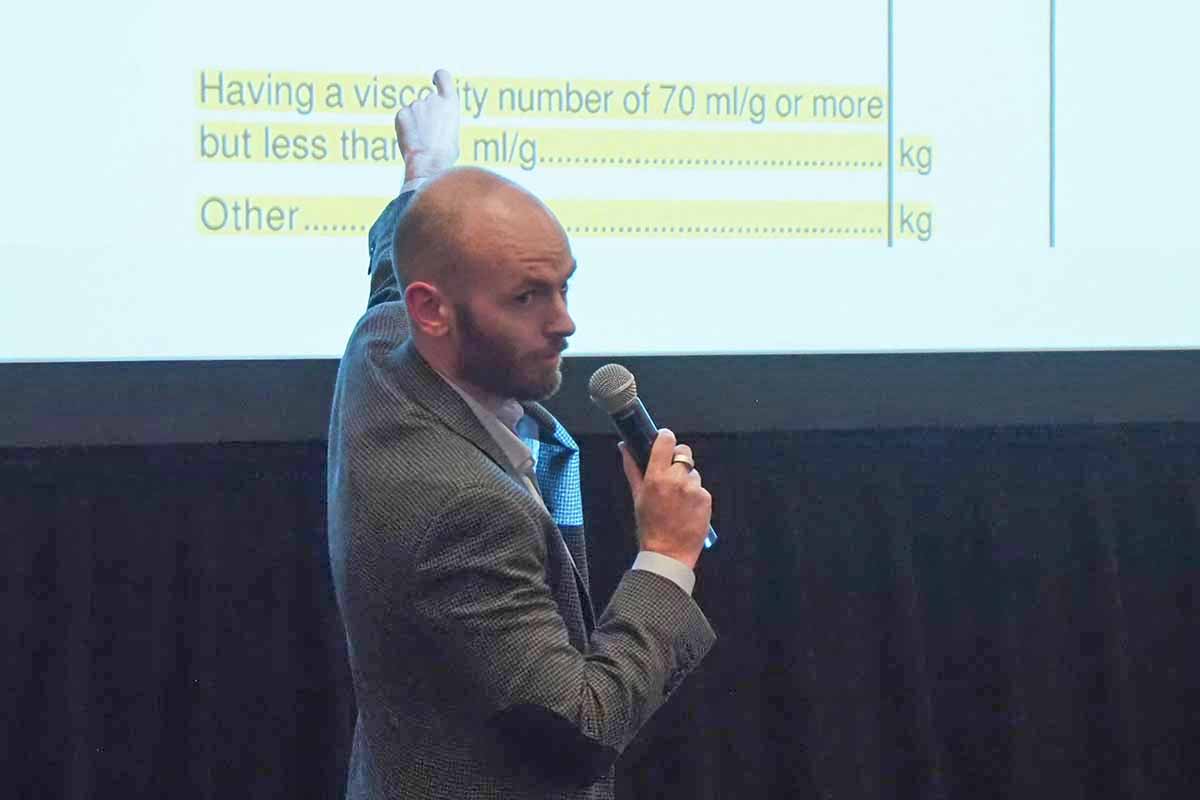By and large, U.S. recycled PET end markets have shifted focus from textiles to food packaging in recent years. But North Carolina-based Unifi is working on building end uses for recycled plastics in fashion and other fabric applications, the CEO said in a recent interview.
CEO Eddie Ingle told Plastics Recycling Update that there’s an energy at Unifi to create cotton-like fabrics from recycled PET with the touch and feel of cotton viscose, also known as rayon blends.
Viscose is the most used artificial cellulosic fiber, derived mostly from wood pulp, according to the Textile Exchange, of which Unifi is a member.
In addition, the company is getting close to finalizing offtake deals with non-apparel customers, further growing the demand for RPET in textiles.
“The next phase of that (encouraging adoption) is to get people to understand how they can mimic traditional garments with this substitute,” Ingle said, referring to Unifi’s Repreve RPET offerings.
Unifi’s efforts include having representatives from the company speak at well-attended fashion conferences, to show designers new developments in recycled polyester yarn technology.
“We’re getting young designers to understand how to use these new technologies to achieve the comfort and stretch they expect,” Ingle said. “By talking about what’s possible, we feel that is the best way to get across what’s out there.”
Unifi’s most recent product launches include its ThermaLoop insulation line, made from 100% recycled content, with at least half of that from end-of-life textiles, according to an Aug. 20 press release.
Available in several forms – padding, fiber similar to goose down and fiberball – ThermoLoop is designed for use in home goods, and in outdoor gear such as sleeping bags and winter coats.
“The ThermaLoop padding product is the first of its kind to have a Repreve recycled polyester low-melt fiber, which allows our customers to provide a wider range of sustainable offerings,” Ingle said during an Aug. 21 investor call. A low melting point helps ensure that the polymer bonds well with other fibers, and expands the potential end uses.
ThermaLoop also is available in black, which enabled Unifi to expand the raw materials slate beyond transparent PET bottles and to include a wider variety of textile waste, Ingle said.
In the Americas, RPET traditionally was used more in textiles such as carpet than in packaging – the opposite dynamic of virgin PET. This was as a result of the relatively low quality of PCR available, and despite the vast majority of global textile production being based in Asia. However, with advancements in both sorting and processing technologies, packaging now represents more RPET consumption than textiles in the U.S.
Unifi uses integrated mechanical recycling of post-consumer PET bottle bales, as well as post-industrial and post-consumer textile waste processed via proprietary technologies.
The company also recently introduced a dyeable white Repreve filament yarn, made with material obtained through the company’s Textile Takeback process. The yarn is made from 50% Textile Takeback material and 50% recycled bottles, Ingle said in the investor call.
Another unique characteristic of the yarn: It’s available at scale, at a time when most activities in the recycled plastics space are at smaller pilot or trial stages.
“We only utilize products that can be launched at scale,” Ingle told Plastics Recycling Update. “This is not a capsule program, and we believe the market can adopt it very quickly. We don’t want to give small solutions, we want to give big solutions.”
Repreve recycled polyester offerings are used in such well-known brands as Nike, Kate Spade apparel and Teva footwear.
‘Beyond apparel’
Although Unifi customers traditionally have represented apparel categories, for the past 12-18 months the company has focused on adding other applications to its base. Referenced collectively as “beyond apparel,” these categories include home goods, military, automotive and industrial applications.
Adding the categories will help diversify outlets for Repreve – and help make more consistent its demand for feedstock PCR and textiles – but also will provide significantly better margins, said Al Carey, Unifi executive chairman, during the August investor call.
“For some of these customers, boy, it takes a long time for qualifying the quality of your product, the timing and to get contracts signed,” Carey said. “But those are happening.”
For fiscal 2024, which concluded June 30, Repreve fiber sales represented 32% of Unifi’s net sales, higher by 2 points than the previous fiscal year but still significantly lower than the 37% seen in fiscal 2021.
However, the company is “excited about that increase” from fiscal 2023 to 2024, Ingle told Plastics Recycling Update, adding that the majority of Unifi business in Asia is Repreve-based.
“We’re not seeing people move away from trying to be sustainable, but I think there is a change in how they’re describing their sustainable activities,” he said, noting that companies are reporting overall carbon footprint including emissions, inputs of virgin materials and use of recycled plastics.
In the August investor call, Ingle said that the expanding Repreve lineup balances circularity and sustainability, suiting both customers who are focused on overall carbon footprint reduction as well as those trying to reduce their fossil fuel consumption, in the form of feedstocks for polyester derived from crude oil and natural gas liquids such as ethane.
“We’ve been on a journey with recycling for a long time, and what’s exciting for us is that the market is asking for more circular solutions,” Ingle told Plastics Recycling Update. “We as an industry have been under pressure to reduce carbon footprint, but introducing materials back into the supply chain gives an opportunity to discuss how they (customers) as a brand are becoming more circular.”







